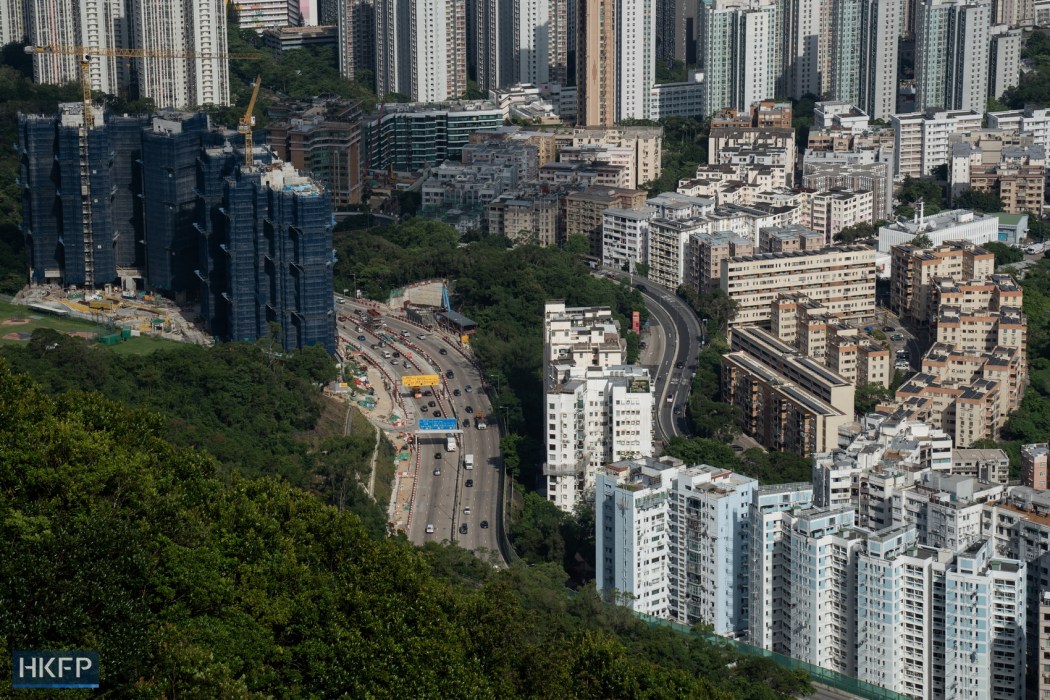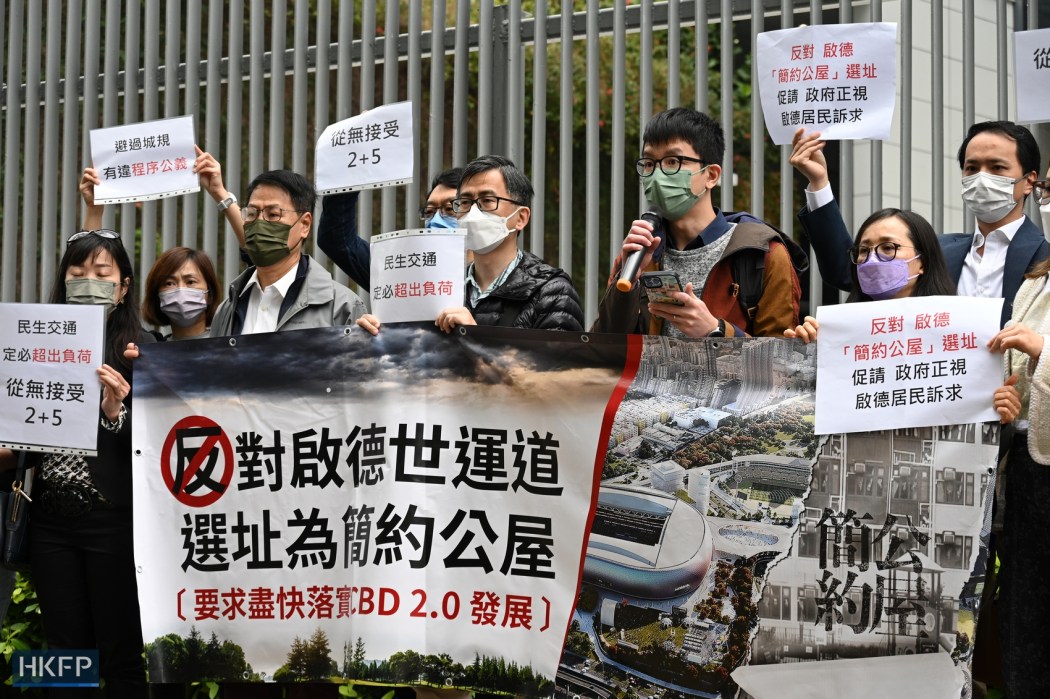The average waiting time for a public rental flats has risen to 5.6 years, and is expected to rise further in the first half of 2024, Hong Kong’s public housing operator has said.
The latest figure climbed from 5.3 years to 5.6 – the first increase in more than a year – the Housing Authority announced on Thursday, attributing the uptick mainly to a reduction in the supply of new flats.

“The [public rental housing] production this year is at the lowest level among the coming few years. As a result, the majority of general applicants housed in the past 12 months were housed to refurbished flats in Urban and Extended Urban districts,” the authority’s statement read.
“Given that their waiting times are longer than the applicants for [public rental housing] in the New Territories by about a year, the average waiting time has increased,” it added. The wait for general applicants, which includes families and one-person elderly applicants, was 5.3 years this June, the same as in March.
The authority had about 132,000 pending applications for public rental flats as of the end of September. Additionally, 96,600 applications had been received from “non-elderly one-person applicants,” who are allocated housing according to a ratings system and thus excluded from the waiting time.
Chief Executive John Lee has made tackling Hong Kong’s housing crisis one of his administration’s key goals, vowing in his maiden Policy Address last October to reduce the average waiting time for public rental housing to four and a half years within four years.
Lee also announced last month that “minimum standards” would be set for defining “substandard” subdivided flats. Earlier this year, a government report showed that the number of subdivided flats in the city had increased in recent years.
Continued rise in 2024
“It is estimated that the average waiting time will continue to rise in the first half of 2024,” the Housing Authority said on Thursday, calling the short-term increase “a necessary stage to go through before the trend takes a clear turn.”

The authority said earlier this year that the waiting time should start to come down from the 2026-27 financial year, when the number of flats produced would “increase substantially.” According to Thursday’s announcement, supply would pick up from next year until 2026 as projects in areas including Tung Chung, Kwun Tong, and the New Territories were completed.
Supply would also be buoyed by the completion of 30,000 Light Public Housing units from 2025, the statement said, adding that the short-term public housing blocks, announced by Lee last October, would lead to an “obvious increase” in supply.
The first batch of 2,100 units in Kai Tak, where residents of seaview apartment complexes have rallied against the project, is slated for completion in 2025 with the rest in to be made ready in stages by 2027-28.
The government has identified sufficient land to provide about 410,000 public rental units in the coming decade, with about two thirds expected for completion between 2029 and 2034.
Support HKFP | Policies & Ethics | Error/typo? | Contact Us | Newsletter | Transparency & Annual Report | Apps
Help safeguard press freedom & keep HKFP free for all readers by supporting our team

LATEST FROM HKFP
HKFP has an impartial stance, transparent funding, and balanced coverage guided by an Ethics Code and Corrections Policy.
Support press freedom & help us surpass 1,000 monthly Patrons: 100% independent, governed by an ethics code & not-for-profit.










